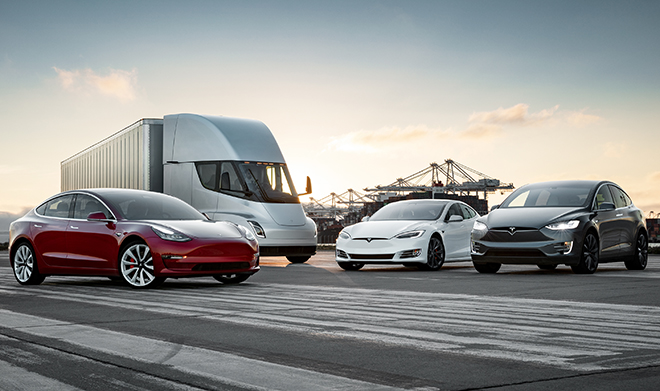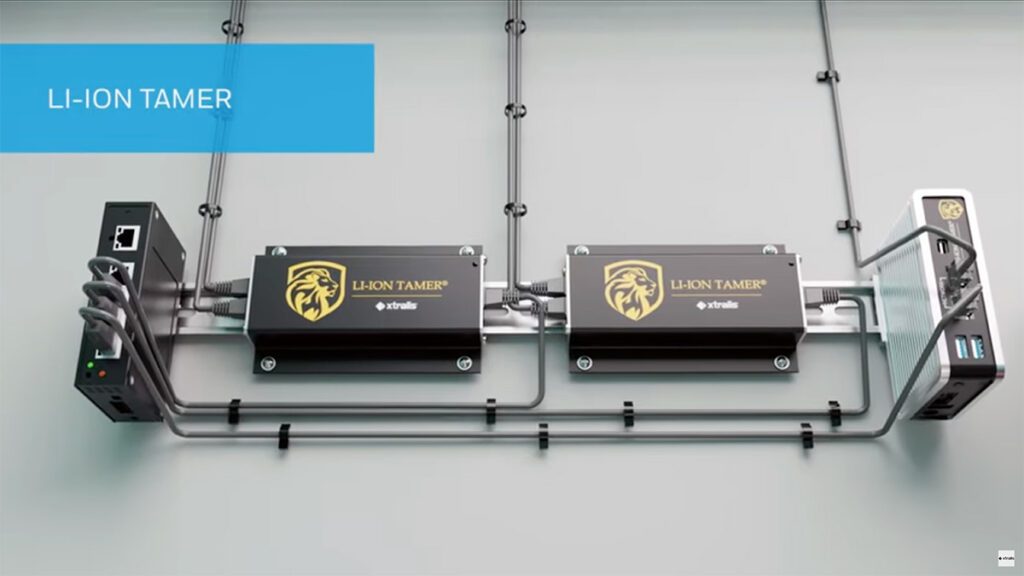By this time, Tesla should have been firmly on a slow but steady upward trajectory. After the last earnings report, it felt as if a corner had been turned. Tesla says (and Evercore ISI analyst George Galliers has corroborated) that it should have no problem sustaining a production rate of 5,000 vehicles per week, and gradually increasing that. Two independent teardowns have indicated that it should have no problem earning a profit on each Model 3 sold, paving the way for profitability and dealing the short sellers and other naysayers a crippling blow.
Unfortunately, all anyone wants to talk about at the moment is Elon Musk’s messy privatization plan, and his increasingly emotional and immoderate public comments.
Taking Tesla private isn’t a bad idea per se. The company’s long-term vision has never been a good fit with the stock market’s three-month timelines, and its dependence on the stock market for funding has made it a target for enemies both financial and ideological (Henry Ford saw things in a similar light 100 years ago). However, Musk’s decision to drop this bombshell without going through the usual channels, and apparently without consulting key board members, is hard to defend. The hasty reversal of TSLA’s rocket-fueled rise following the announcement shows how skeptical people are of Musk’s promise that “funding is secured.” Some also have reservations about handing over partial control over the company to such a controversial player as petro-state Saudi Arabia.
Here’s what’s puzzling to long-time followers of Musk’s career: His recent actions seem like those of someone who isn’t familiar with how financial markets work, and Elon is anything but that. This is the guy who created one of the first internet mapping applications and sold it to national newspapers; who built a company that revolutionized online payments and sold it for $1.5 billion; who convinced venture capitalists to finance not one but two Quixotic enterprises, and made them rich; who took Tesla public and oversaw its explosive growth, when a host of financial experts said it couldn’t be done. At every step of the way, Musk’s financial acumen has been one of the keys to his success. Who has kidnapped the real Elon Musk, and where in the Solar System have they hidden him?
In the midst of all the drama over the privatization plan, an emotional interview with the New York Times triggered another crisis of confidence, and TSLA dropped back to the levels of the bad old days before Model 3 production got on track. The media reaction seems quite overblown (isn’t it always?), considering that Elon revealed little new information in the interview. Musk-watchers already know that he’s had a hellish year, and it doesn’t take a psychology whiz to guess that the pressure has affected his emotional well-being. We know very well that Musk is a passionate person, who cares very deeply about his companies. This was not the first time he’s choked up in an interview, and hopefully it won’t be the last – his passion is an asset, not a liability, as long as he can channel it in the service of his lofty goals.
Source: New York Times



















































































